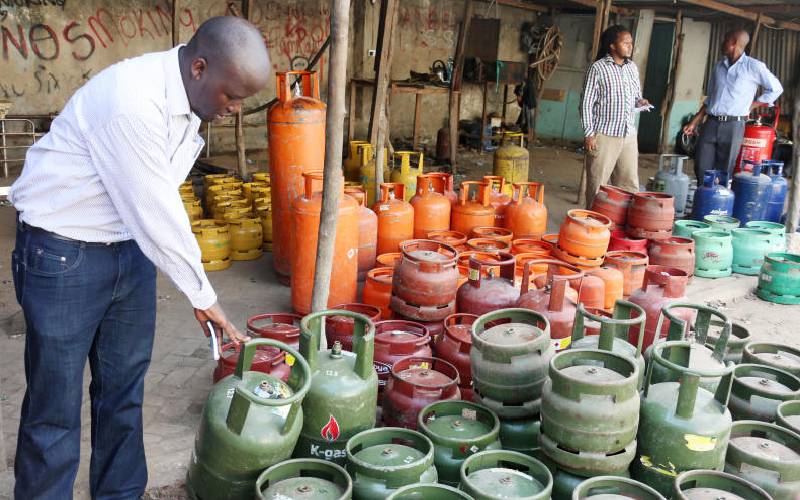×
The Standard e-Paper
Fearless, Trusted News

There has been a surge in the number of court cases relating to the illegal handling of cooking gas as a change in the law starts to bear fruits.
But the Energy and Petroleum Regulatory Authority (Epra) says the high number of cases is a result of increased surveillance.